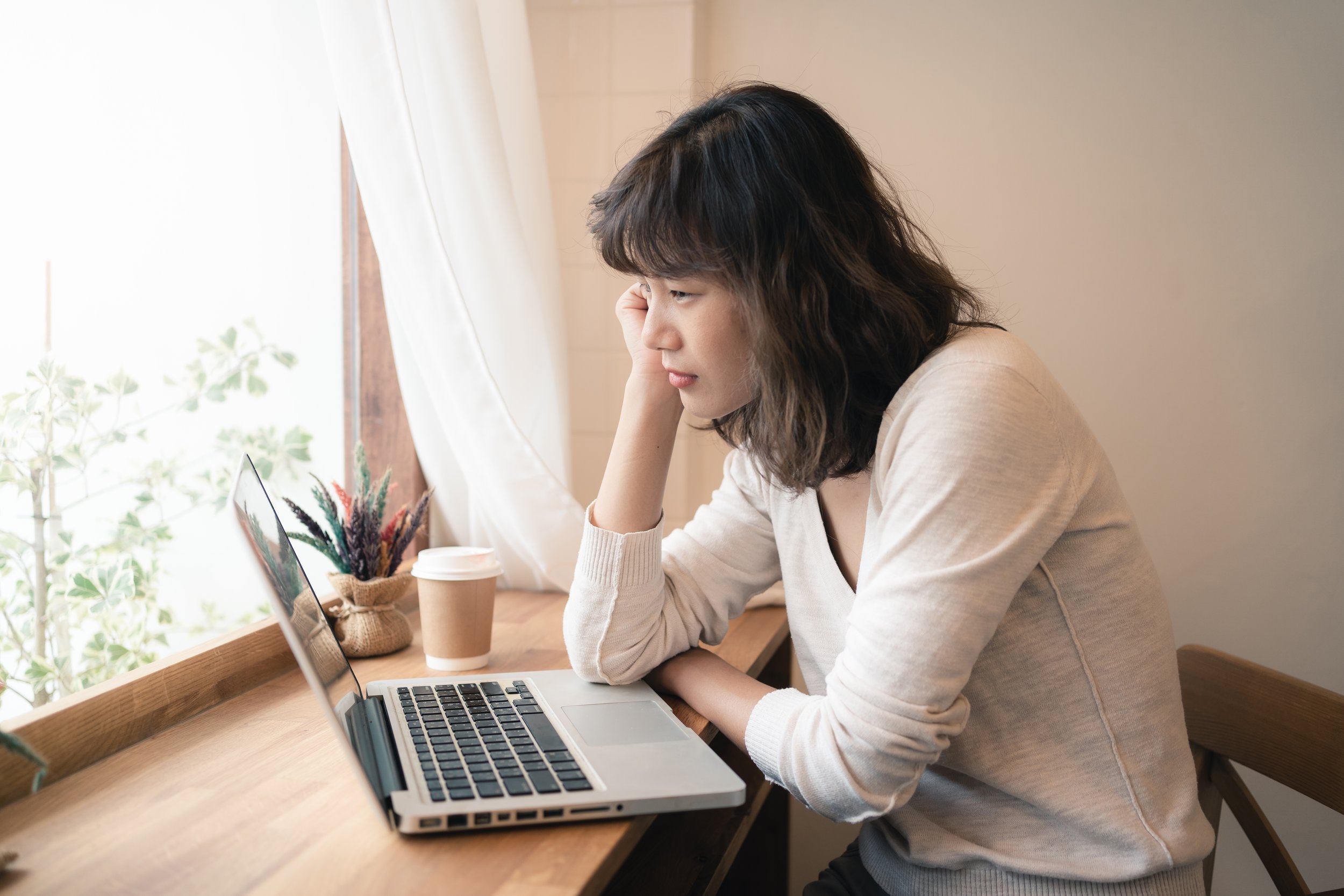What is Health Anxiety?
Anxiety affects people in a variety of ways, which is why it’s the most common mental health condition in the world. One can fall under many different “categories” of anxiety, including health anxiety. People with health anxiety are often referred to as “hypochondriacs.” Still, even if you don’t put a label on it, it’s important to understand the basics of what health anxiety is, what causes it, and what you can do about it if you’re struggling.
Let’s take a closer look at the signs and symptoms of health anxiety and what you can do if it’s having a negative impact on your life.
What Are the Signs of Health Anxiety?
It’s fairly normal to show basic concern for your health, especially if you’re dealing with uncommon symptoms. However, people with health anxiety tend to treat any small symptom as something major. They might cough and think they have a respiratory infection or COVID-19. They might even “make up” or believe they have symptoms that aren’t actually there.
Some of the most common signs of health anxiety include:
Constant worry about your health.
Needing constant reassurance that you’re okay.
Frequently checking your body for signs of illness.
Not trusting your doctors or specialists when they say nothing is wrong.
Constantly doing web searches about medical conditions you think you have
Health anxiety can cause you to become somewhat obsessive about your health and well-being. It can quickly end up being all you think about, taking away from your quality of life and essentially making you a prisoner to your own worries.
What Causes Health Anxiety?
There’s no one direct cause of health anxiety. It can be linked to a variety of things, including a family history of anxiety disorders. People with a family history of anxiety are more likely to develop anxiety.
In addtion, a tendency to catastrophize bodily symptoms, termed somatosensory catastrophizing by psychology researchers, can also contribute to health anxiety. This is the tendency to interpret bodily symptoms, even relatively neutral ones, as signs of serious illness. People who do this tend to be more vigilant about bodily changes and symptoms, leading to increased anxiety.
Sometimes, stress or the death or serious illness of a loved one can trigger health anxiety. That’s one reason we saw an uptick in people with health anxiety throughout the COVID-19 pandemic. Not only were more people paying attention to their health, but the stress, fear, and illness and loss of loved ones that were part of the pandemic caused many people to develop anxiety over their well-being that wasn’t there before.
How Can You Cope?
Thankfully, health anxiety doesn’t have to take over your life. If you’re struggling with it, there are many ways to cope that will allow you to stop living in fear. Most importantly, remember that your body is sending you signals all day. Get comfortable with existing sensations, as well as new ones. It’s important to differentiate a normal signal from something you should be concerned about.
One of the best ways to do that is by practicing mindfulness. Close your eyes and focus on your breath. Try to stay in the present moment rather than letting your mind wander ahead. This practice can help you feel more in tune with your body, and take a more accepting stance to bodily sensations, making you less likely to catastrophize sensations.
Anxious thoughts are a key part of health anxiety. While you might not be able to stop negative thoughts from occurring, you can control how you react and respond. When you start to notice negative or unrealistic thoughts about your health, pause and choose to fight back against them: What evidence do I have for this? What might another explanation be? Challenge thoughts that are unhelpful, and they’ll become weaker with time.
Finally, don’t feel like you have to deal with health anxiety on your own. If you’re really struggling, working with a mental health professional can help.
About: Chanderbhan Psychological Services is a therapy practice located in Laredo, Texas. We help individuals and couples who are struggling in different areas of their lives gain the clarity they need to grow and change. We also offer telehealth to individuals located in the wider State of Texas. To read blogs on mental health and relationships, visit our website.



